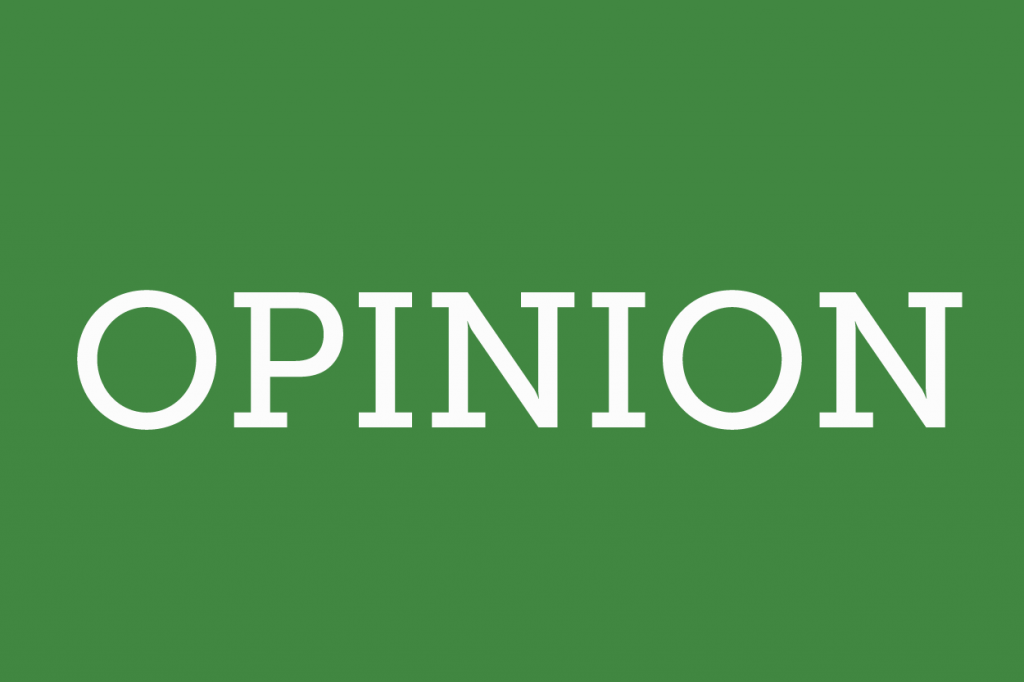It is becoming more and more common to see the public “cancel” musicians, actors and other celebrities due to their past actions and statements, either recent or distant.
A notable example would be Kevin Hart, a comedian who was set to host February’s Academy Awards but had to step down after homophobic tweets and jokes from 2010 and 2011 resurfaced. While he did eventually issue an apology, he initially refused to do so, stating, “If you don’t believe people change, grow as they get older, I don’t know what to tell you.”
Hart’s case is not isolated. Roseanne Barr was kicked off the reboot of her show after making a racist joke on Twitter, and Kanye West has complained that his public support of Donald Trump has caused him to be canceled as well. In response, many Internet users have criticized this new trend of ending careers based on moral objections, seeing it as a form of censorship and an overreach of political correctness. This begs the question: Is cancel culture real? Is it truly possible to cancel artists?
In many ways, cancel culture is indeed real. In today’s age, it is becoming more and more impossible to truly remain invisible, and seemingly minor things from a long time ago can have consequences that are anything but minor.
The boycotting of people and institutions is nothing new, but this phenomenon, like every other form of human interaction, is amplified in the age of social media. Also, peoples’ definitions of what is and isn’t offensive have broadened. In a time when sexual assault wasn’t taken as seriously as today, the highly profitable TV shows of Bill Cosby, Matt Lauer and Bill O’Reilly would never have been canceled. In fact, cancel culture in a way reflects the free market.
Nobody just decided one day that X, Y and Z are offensive, so anyone guilty of saying those things should have their careers ended. People gradually decided certain things were offensive and, in the examples mentioned, executives decided eliminating controversial people was a more profitable route than keeping them around, despite the extraordinary revenue.
At the same time, not everybody who gets canceled ever really fades from the spotlight. In most cases, people are symbolically canceled rather than literally canceled.
The canceling Kanye described regarding his support of Trump came from people who objected to his opinion, but he hasn’t truly been canceled, as evidenced by the fact that he continues to release music that debuts high on the Billboard charts. Logan Paul, despite his January 2018 blunder of making light of suicide, still makes YouTube videos and boasts 19 million subscribers.
So what are the implications of cancel culture? Is it dangerous, or is it just increased awareness of what is good and what is not? Most would agree that canceling rapists like Bill Cosby and pedophiles like R. Kelly, to name a few, is totally acceptable. I do too. The same extends to people who have said outright racist or bigoted things.
However, cancel culture is a dangerous game. Definitions of what is and isn’t offensive are highly objective, and there’s no universal definition that can set the rules. If the trend of artists being canceled over their personal opinions grows, it will be a dire threat to free expression and make the arts dull. Celebrities will have to walk on eggshells to avoid harming their careers. Comedy would be hit the hardest because pushing the envelope is often crucial for good and meaningful material.
So maybe it’s time to cancel cancel culture.
Jonathan Buckley is a freshman majoring in political science.







